The Extended Mind: The Power of Thinking Outside the Brain
£15.30£17.10 (-11%)
A bold new book reveals how we can tap the intelligence that exists beyond our brains–in our bodies, our surroundings, and our relationships.
Use your head.
That’s what we tell ourselves when facing a tricky problem or a difficult project. But a growing body of research indicates that we’ve got it exactly backwards. What we need to do, says acclaimed science writer Annie Murphy Paul, is think outside the brain. A host of “extra-neural” resources–the feelings and movements of our bodies, the physical spaces in which we learn and work, and the minds of those around us–can help us focus more intently, comprehend more deeply, and create more imaginatively.
The Extended Mind outlines the research behind this exciting new vision of human ability, exploring the findings of neuroscientists, cognitive scientists, and psychologists, and examining the practices of educators, managers, and leaders who are already reaping the benefits of thinking outside the brain. She excavates the untold history of how artists, scientists, and authors–from Jackson Pollock to Jonas Salk to Robert Caro–have used mental extensions to solve problems, make discoveries, and create new works. In the tradition of Howard Gardner’s Frames of Mind or Daniel Goleman’s Emotional Intelligence, The Extended Mind offers a dramatic new view of how our minds work, with practical advice on how we can all think better.
Read more
Additional information
| Publisher | Mariner Books (10 May 2022) |
|---|---|
| Language | English |
| Paperback | 368 pages |
| ISBN-10 | 0358695279 |
| ISBN-13 | 978-0358695271 |
| Dimensions | 13.34 x 2.54 x 20.32 cm |

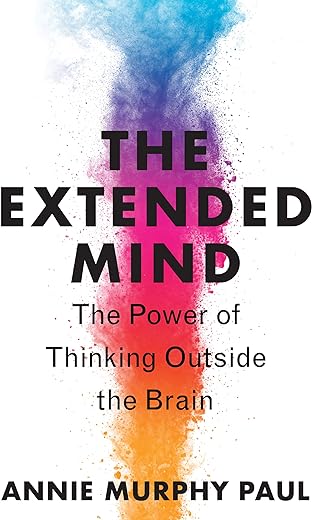
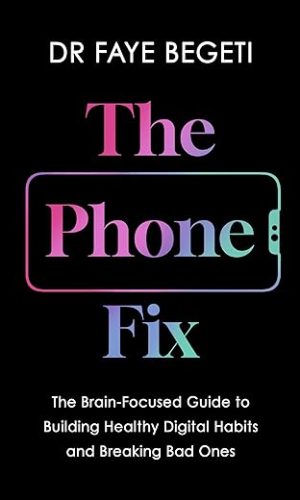

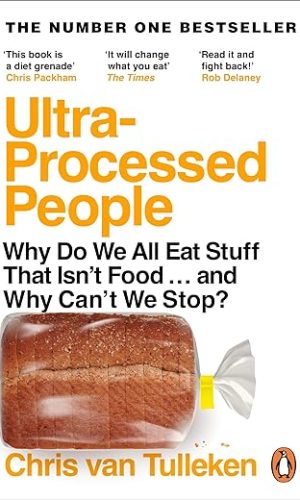
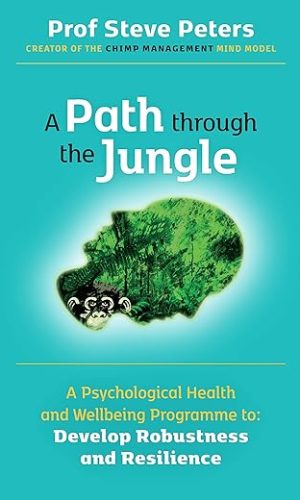
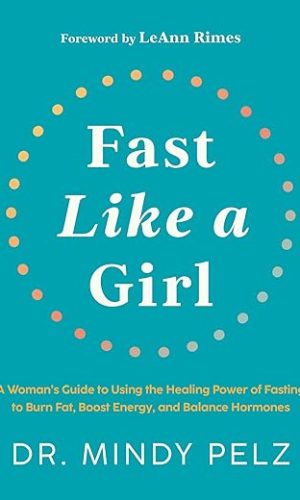


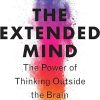
by Louise Ward
Annie Murphy Paul’s ‘The Extended Mind’ opens as Nietzsche reaches out to her through time in his writing. As he comments on the physicality of writing, the author reflects how we are taught that thinking only happens inside the brain and not by “extra-neural” resources our body (think hand gestures), the influence of place or thinking with others.
Inspired to gather this previously disjointed set of theories into one by Professor Andy Clark’s 1998 paper on the subject, Murphy Paul suggests we should look elsewhere rather than just inward. Being ‘brain bound’ increasingly causes problems of attention, memory and motivation and this misunderstanding of where thinking happens leads the author to create a “curriculum of the extended mind”.
I loved a concept the author shares in the acknowledgement, where Stephen Kosslyn says we can engage another as a “social prosthetic” and gain the capacity to make you more effective, filling in for your lack and you become a different person by your interaction. That intelligence is a fluid interaction between the brain and its outer world, how to control this and use it makes up the body of this book, how to use these “extensions” by offloading information, making it into something real and by altering our state are examined and explored with practical ways to adopt the skills and use them to solve problems more effectively.
by Mr. Michael R. Mcdowell
While not strictly about our mind being extended into (or entangled with) the world, it’s rather, that our cognitive capacity can be enhanced by using bodily and worldly resources, such as “interoceptive signals, movements and gestures, natural spaces, built spaces, and the ‘space of ideas’; experts, peers, and groups”. With each chapter being dedicated to the use off, and research, supporting each of these resources in extending our mental capacity.
The books concludes with ten principles, or suggestions, that we should employ to make the most or our minds ability to exploit “extra-neural resources” to enhance our intelligence.
All in all a very interesting read, some of extensions you may already be familiar with, but still worth knowing that they are backed up by some impressive research. In fact if you’re not making use of these cognitive enhancers or aren’t sure of what they are, then you really need to read this book.
Annie Murphy Paul has done an outstanding job in showing us how and why we need to extend our minds.
by Dare2Know
fascinating and inspiring, and packed with good references and citations
by Julian Williams
This is an excellent book.
Her theme is that modern teaching, learning and problem solving have become bogged down by brain bound and siloed traditions. Sitting in rows in classroom, or working in open planned offices are simply adding cognitive load to our underpowered brains and draining our learning capacities. Modern life, with all the extra skills and information that is being thrown at us has put our brains into a state of permanent cognitive overload. By extending and embedding our thinking into our bodies, surroundings and social environment we can reduce the cognitive load on overworked brains which were never designed to be so focused on holding multiple conceptual ideas at once. By simply acknowledging these factors we can enhance our receptiveness and abilities to take in and process new information. (I don’t agree with the reviewer that thinks the book is not well researched or comprehensive in its choice science)
The book is methodical, Part 1 is made up with 3 chapters about thinking with sensation, gesture, movement and gestures of Acknowledging interoceptive tools instead of relying on long winded reasoning. .
Part 2 is about the influence of natural and built up environments on our thinking. Again how to reduce cognitive load and gain benefits from creating environments that enhance our brain power.
Part 3 is about the social aspect of thinking through using experts, peers, and groups
If that sounds a bit dry, don’t worry, the writing style is very friendly and the examples are very wide ranging. I was enraptured by every chapter, underlining and re-reading large chunks as I went along. I need to re-read this book in six months time because its range of subject matter is so huge it is impossible to take it all in.
The conclusion is 10 principles of thinking, and this chapter made me realise how broad and difficult this book is to summarise.
What is missing from this book (well technically it is outside the scope of this book) is a proper account how the brain is set up physiologically to learn. For this end of the spectrum I suggest to read “How We Learn: The New Science of Education and the Brain – Dehaene, Stanislas” An outstanding book, and maybe the first half of “When Brains Dream” by Antonio Zadra, with his NEXT-UP theories of using sleep to enhance your learning abilities.
I think we have to pace our learning with periods of daydreaming, sleep and attention. This is something not covered in Annie Murphy Pauls wonderful book.
by Angie W
Written for the laypeople rather than neuroscientists, this book goes through all the current neuroscience on how we use our brain, and instead of focusing solely on the brain, looks at how our other forms of knowledge – from our body, from our environment, from other people – come into play.
For me, this was a book that confirmed some of what I already do (but didn’t realise the importance of); and gave me other methods of thinking outside the brain.
It’s a book to take your time with, to spend time reading, thinking and practicing, rather than reading straight through. And I think it’s a book you will come back to again and again, for further or deeper insights,.
Highly recommended.
I hope you found this review helpful.
by Ida
This book describes interesting approaches to the way we think and accessing our memory.